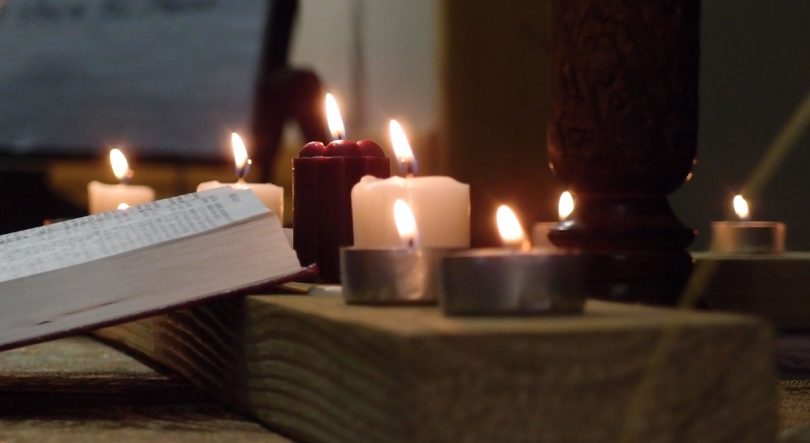Second Sunday after the Epiphany
Perhaps it was fear that drove Nathanael to insult and condemn Nazareth with its people, culture, and history. Most Christians would agree that fear should not dictate our lives. The more difficult path, however, is to prevent fear from informing our relationships. When Philip told Nathanael that he found “the one about whom Moses in the law and also the prophets wrote” (John 1:45), Nathanael’s response was drawn from a prejudice about Jesus’ home, rather than amazement at who Philip was introducing.
Inasmuch as Nathanael allowed prejudice to contaminate his reaction to Philip’s confession, maybe the devil was in the details of Nathanael’s introduction to Christ. The detail of Christ’s home village should not have interfered with Nathanael’s introduction to the miracle who is the Messiah, nor should we allow our prejudices to hinder the beautiful potential of our relationships.
When do we develop our first impressions? Where do the markers that orient our worldview come from? When we consider a new experience or meet a new person, what indicators tell us how we should think or how we should feel about any novel situation? Nathanael’s response to Philip’s introduction to Jesus is one example of how cultural and regional differences can lead us to mistrust or undervalue other human beings for reasons as far beyond human control as a parent’s regional birthplace.
What good can come out of Nazareth? The Good Shepherd! The Good who has been resurrected to lead all people out of bigotry and every form of hatred. The Christ who looks for peace within us even when we project our failures on Christ. As Nathanael confesses Christ’s divine reign, we too should seek to live empowered by the compassion of Christ’s love for all people.
Andrew Craver, co-pastor, Bethel Moravian Church
Bethel, Alaska

